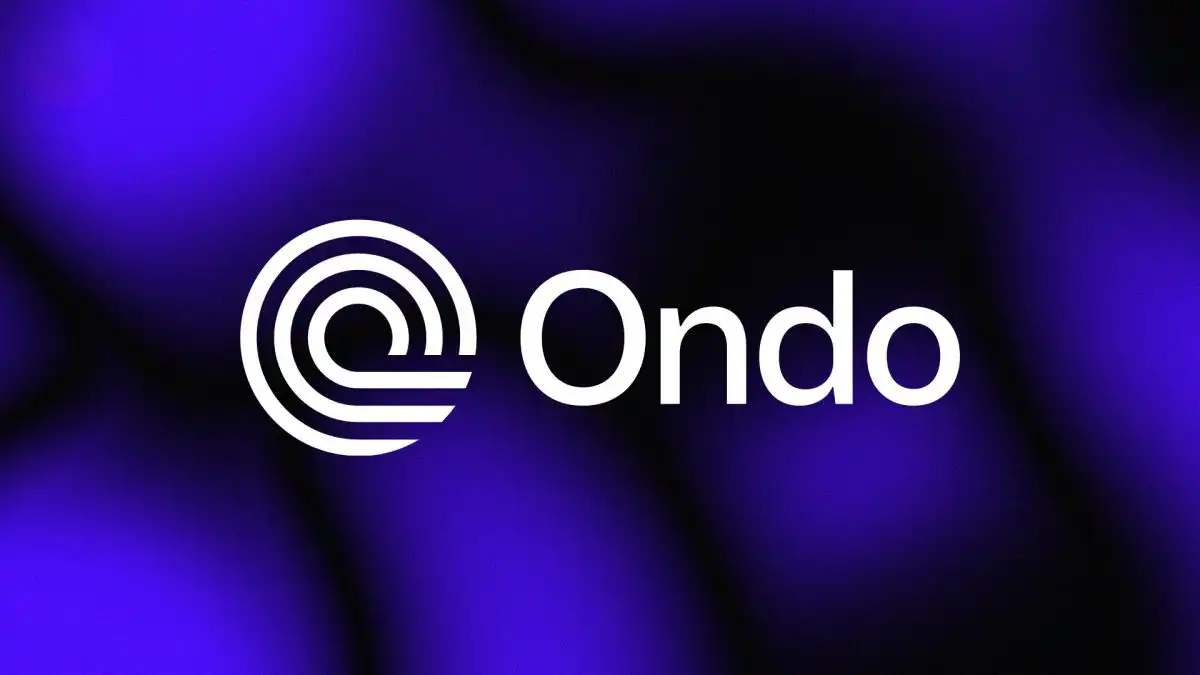- Ondo Finance questions Nasdaq’s plan to tokenize traditional market assets.
- SEC faces pressure as industry debates tokenized stocks and ETFs.
- Investor protection concerns grow amid rising push for blockchain-based trading.
The debate around bringing Wall Street assets onto blockchains has gained new intensity. Ondo Finance, a leading real-world asset tokenization firm, has openly challenged Nasdaq’s proposal to introduce tokenized stocks and exchange-traded funds. The startup has urged the U.S. Securities and Exchange Commission to seek more information before granting approval.
Ondo Finance raised concerns about how the settlement process would function under Nasdaq’s plan. The exchange intends to use the Depository Trust Company for clearing tokenized securities, a move that Ondo believes requires more transparency. The DTC currently handles traditional securities settlement and safekeeping across major markets.
According to Ondo Finance, tokenization can only succeed through open collaboration and clear standards. The company stated that while it supports innovation in finance, regulatory and operational clarity must come first. Nasdaq has declined to comment on the matter, maintaining its silence as industry debate grows.
Regulatory Clarity and Investor Protection at Stake
Ondo Finance manages blockchain-based versions of money market funds, U.S. government securities, and other real-world assets. The firm is also linked to the Trump family-backed World Liberty Financial Project, which has invested in ONDO tokens for its strategic reserve.
At the same time, regulatory agencies are paying closer attention to tokenization. SEC Commissioner Hester Peirce described tokenization as a major area of focus for the commission. However, concerns remain over potential risks to investors if digital securities bypass traditional protections.
Benjamin Schiffrin, Director of Securities Policy at Better Markets, warned that tokenized assets might create new vulnerabilities. He stressed that the SEC should prioritize investor protection rather than the interests of the crypto industry. Schiffrin added that while tokenized securities are currently treated as traditional securities, proposed exemptions could alter their classification.
The growing divide between innovation and regulation reflects the challenge of merging finance and blockchain. Ondo Finance’s stance underscores the industry’s internal tension, as major players seek progress without compromising safety. With the SEC still reviewing Nasdaq’s proposal, the path toward fully tokenized markets remains uncertain but increasingly significant.
Also Read: Shiba Inu Price Slides as Market Crash Triggers Heavy Selling
